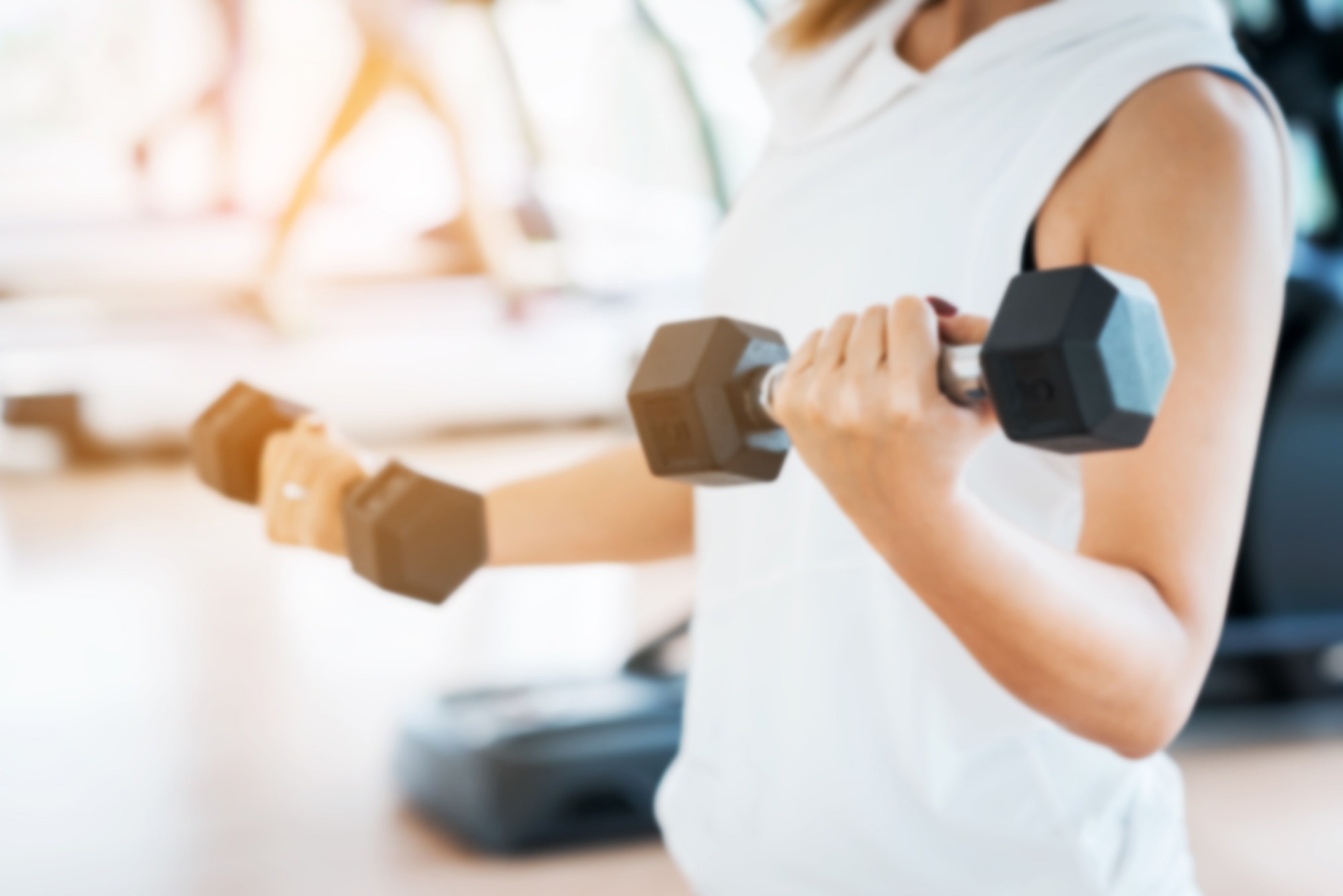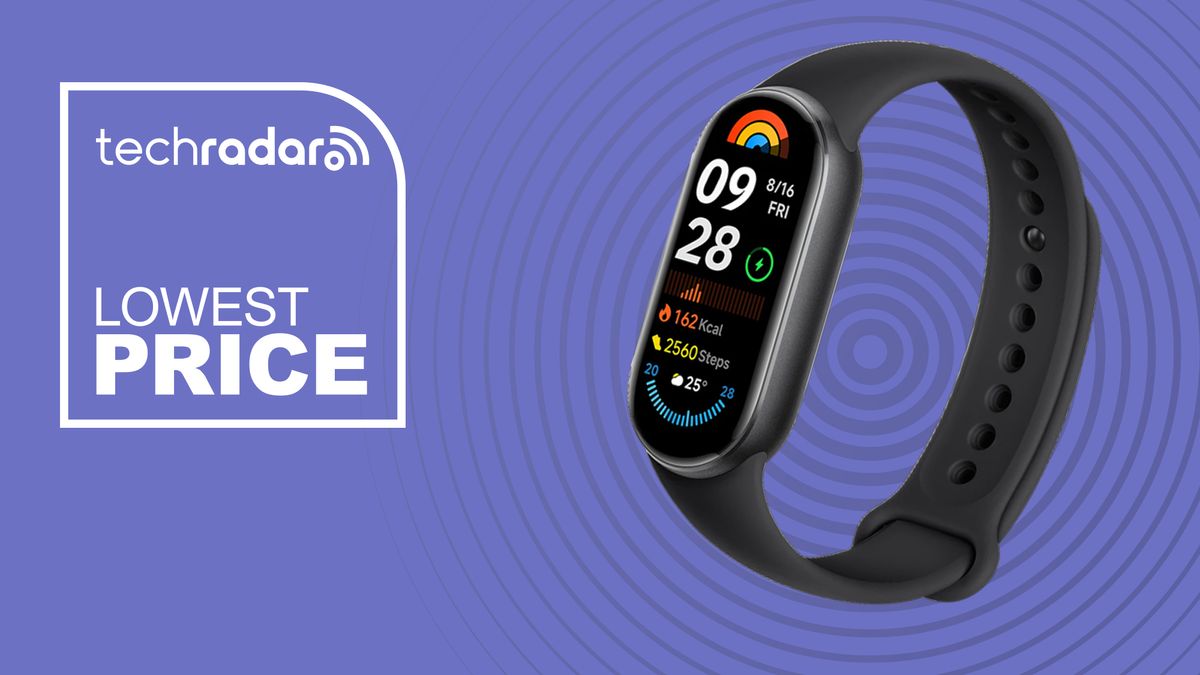A study conducted at the Universidad Europea de Madrid, Spain, finds that negative body image perceptions can potentially lead to poor physical and mental health outcomes in young adults engaged in strength training programs.
The study is published in the journal Nutrients.
Study: The Association of Body Image Perceptions with Behavioral and Health Outcomes among Young Adults. Image Credit: Platoo Studio / Shutterstock
Background
Body image is an individual’s perception, emotion, and cognition about their body. Personal experiences, social norms, and social media depictions can influence an individual’s body image perceptions.
Existing evidence indicates that negative body image perceptions can influence people’s eating behaviors, psychological states, and physical well-being, especially adolescents and young adults. Dissatisfaction with body image can reduce self-confidence, hinder social engagements, and affect the quality of interpersonal relationships.
In this study, scientists have explored how body image perceptions influence health behaviors and mental and physical well-being in young adults engaged in strength training.
Study design
The study was conducted on 605 individuals aged 20 to 35 years who were engaged in strength training activities 2 to 7 days per week for a minimum duration of 6 months. The study population included 385 males and 224 females.
Validated psychometric scales and the Multidimensional Body-Self Relations Questionnaire were used to determine the participants’ body image perceptions. The questionnaire assessed multiple dimensions of body image, including feelings of physical attractiveness, investment in one’s appearance, and satisfaction with different body areas.
The participants were categorized into two groups based on their body image perceptions, i.e., the negative body image perception group and the positive body image perception group. The impact of body image perception on dietary, psychological, and physical activity habits was assessed.
Important observations
The study found significant differences in dietary habits and physical activity levels between the two study groups.
Regarding dietary habits, significant differences in weekly consumption of energy drinks, milk, fermented dairy products, eggs, meat, fish, legumes, processed meats, whole foods, rice, pasta, bread, fruits, and vegetables were observed between the groups. This indicates that body image perceptions influence young adults’ dietary preferences in strength training.
The study found that participants with negative body image perceptions frequently consume more traditional foods, including milk, eggs, meat, and whole foods. In contrast, participants with positive body image perceptions rely more on energy drinks, fruits, and vegetables.
Regarding psychological traits, the positive body image perception group observed significantly higher levels of extraversion, agreeableness, conscientiousness, openness to experience, and body satisfaction. This highlights the association of positive body image with constructive personality traits and good physical and mental health outcomes.
A significant difference in the prevalence of health symptoms was observed between the groups. Specifically, participants with negative body image perceptions exhibited lower body satisfaction and increased predisposition to health conditions, including gastritis, dry throat, and dental sensitivity. This indicates that body image perception can influence certain health outcomes.
These observations indicate that body image perception should be considered a potential influencer of physical and mental health and personality traits while developing therapeutic approaches for mental and physical well-being.
Regarding physical activity patterns, the study found that participants with negative body image perceptions are more obsessed with exercise, as indicated by longer time spent on aerobic exercises and higher achievement of personal records in both bench press and back squat.
In contrast to participants with negative body image perceptions, participants with positive body image perceptions exhibited greater confidence and willingness to participate in high-intensity physical exercises and distribute their training more evenly among different intensities. These observations indicate that promoting a positive body image perception can improve individuals’ health and general well-being.
Study significance
The study finds a significant influence of body image perceptions on dietary behaviors, psychological well-being, and physical activity patterns in young adults participating in strength training.
The study population includes a specific group of individuals, which restricts the generalizability of the findings.
Overall, the study findings suggest that improving body image perception through appropriate interventions could effectively enhance young adults’ mental and physical health.
Journal reference:
- Jorge Jiménez-Morcillo. 2024. The Association of Body Image Perceptions with Behavioral and Health Outcomes among Young Adults. Nutrients. DOI: 10.3390/nu16091281, https://www.mdpi.com/2072-6643/16/9/1281









